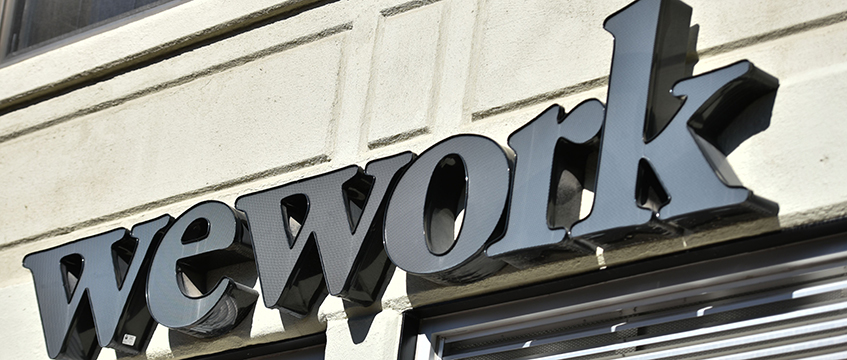Cushman & Wakefield has shaken off worries over the effect that WeWork could have on its business if the flex operator becomes bankrupt.
The agency launched a partnership with the flexible office group in 2021, with Cushman marketing to landlords and businesses on WeWork’s platform. Cushman also made a $150m (£123m) investment in WeWork ahead of its stock market listing.
WeWork’s business has struggled since its IPO, and in August the company said there is now “substantial doubt” that it can remain in business. It has pinned much of its hope on a global renegotiation of leases as a way to cut costs and has said it will exit some of its locations.
Asked on the agency’s third-quarter earnings call if a “potential WeWork bankruptcy” would result in “tangible risks to any revenue streams”, Cushman chief financial officer Neil Johnston said it would not.
“The investment as a whole – we’ve already taken the mark-to-market there,” he said. “And then in terms of our relationship with them, we do a lot of work for them, but it’s not material to the overall company. So I would anticipate that if there was a bankruptcy, many of those spaces still need to get serviced, still need to get managed or still need to get changed. It’s an essential service. We don’t see it as a material impact to the company.”
Cushman did not publish a specific value for its WeWork investment in its latest results but said its net unrealised losses on fair value investments over the quarter “primarily related to our investment in WeWork”. Those losses stood at $4m (£3.3m) over the third quarter, following a $33.5m loss during the previous three months.
To send feedback, e-mail tim.burke@eg.co.uk or tweet @_tim_burke or @EGPropertyNews











